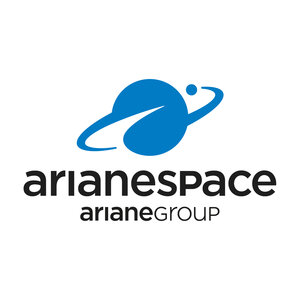Access to finance for SMEs: obstacles and new opportunities
The following conclusions, recommendations and next steps were the result of forum discussions jointly organised by the European Space Agency (ESA) and the European Investment Bank (EIB) in Rome on 11 December 2019 at the New Space Economy Forum.

European SMEs, midcaps and large industry representatives, as well as representatives of the German and Italian space SME association discussed their experience and limitations in accessing finance in a two-part interactive panel (see programme here).
ESA, the EIB and primes contributed to the discussion of potential solutions, notably the role of the public sector institutions and primes in removing bottlenecks.
The following emerged as main conclusions or recommendations:
- Both early stage and mature space SMEs and midcaps in Europe are more frequently confronted by misperceptions of risk and a lack of investor trust than companies in other sectors. As a consequence, these companies find it more difficult to access finance which hinders their potential growth.
- ESA and national space agencies are uniquely placed to help improve access to finance for space companies by leveraging their insider knowledge of and close proximity to the space ecosystem of companies, including in the framework of public procurement processes. Measures to mitigate this could include:
- Improve knowledge, understanding and perceived risks of the space sector among the investor community.
- Contribute to space-specific financing instruments (including through demand aggregation and de-risking) to address financing gaps.
- Increase opportunities for smaller companies to validate their products and services via ESA missions, acting as a first customer to consolidate client and investor trust.
- Contribute where relevant to a dialogue on regulatory issues which could help unlock specific plans of the space markets (e.g. space debris).
- The EIB, as an institutional bank serving public sector interests, is uniquely placed to help correct market failures which hinder access to finance for space companies more than for companies in other sectors. It could do so by:
- fine-tuning risk assessment procedures to account for the specificities of space,
- adapting financing instruments until such market failures are balanced out and private banks and investors fully engage in space.
SMEs present at the forum have emphasised in particular how critical the timeliness of the introduction of such measures is in the lifetime and business cycles of an SME.
Arianespace customer financing opportunities for SMEs
Unlike SMEs and midcaps, primes are in a better position to negotiate access to finance. Primes have sufficient collateral, credit ratings and track records to allow them the same access to capital as economic operators in other sectors.
Nevertheless, in the face of stiff global competition Europe is adopting fresh approaches to financing.

One of the financial instruments mentioned at the event is a Customer Finance Facility of about 600 million euros over seven years, that has been set up by the EIB for Arianespace customers.
Through this, Arianespace can make its launch services more attractive by offering its clients the possibility of receiving a loan to cover the launch rather than financing it with their own capital. Such loans would gain smaller companies some extra time to generate revenue before having to reimburse the launch loan (provided they pass the financial due diligence).
Next steps
ESA is currently investigating ways of setting up a lending platform for a portfolio of mature SMEs, thanks to a guarantee from Member States interested in making the instrument available nationally. With this instrument in place, SMEs will benefit from preferential conditions to access loans. In addition, options in favour of early-stage companies are also being considered internally and together with the EIB.






